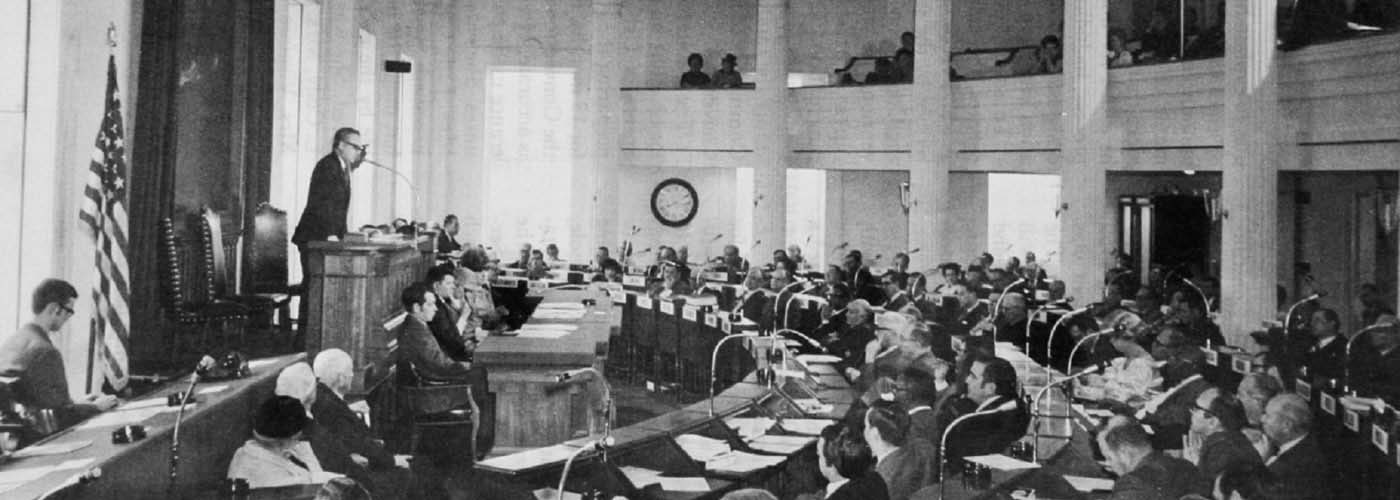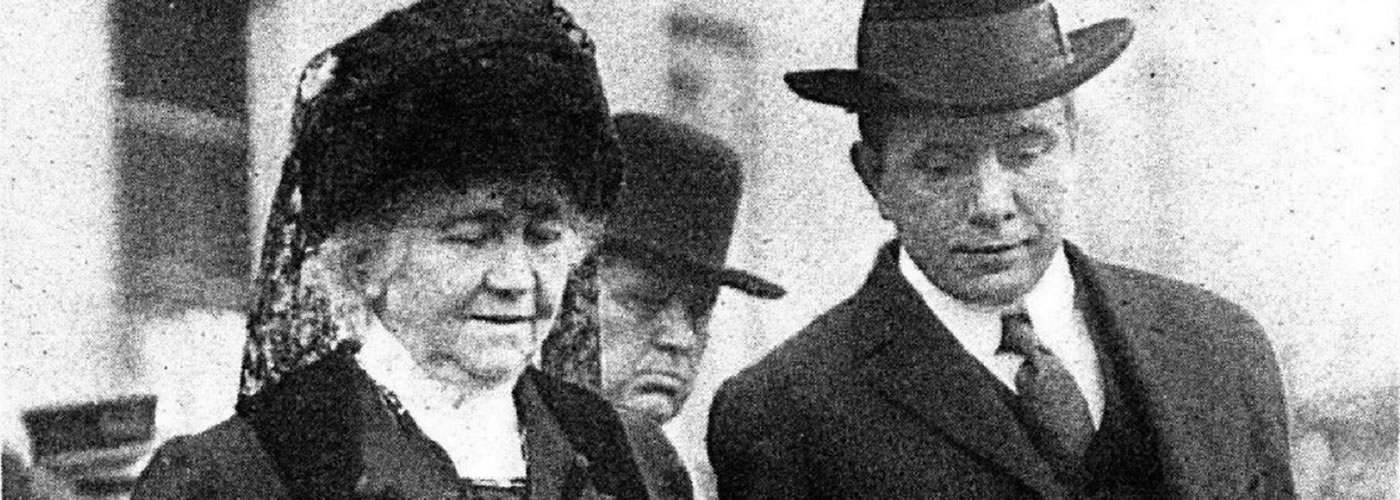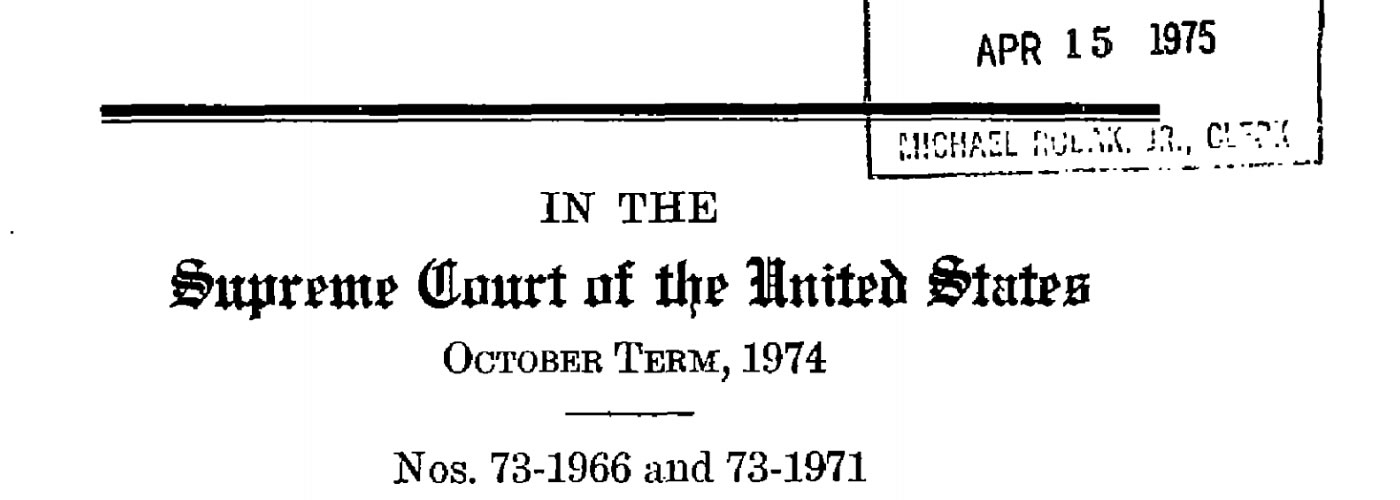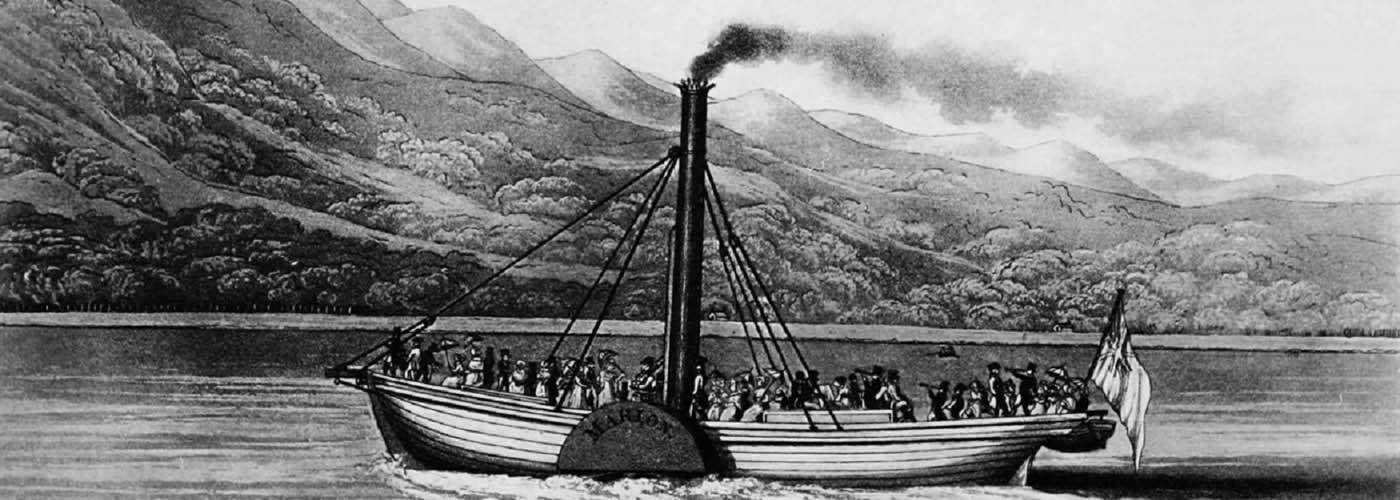Easily access four centuries of historical legal codes from southern Europe, Latin America, Canada, Australia, India, and elsewhere.
The Making of Modern Law: Foreign Primary Sources, Part II is a digital collection of historical legal codes and similar statutory materials, as well as commentaries on codes from around the world, focusing on Italy, Spain, Portugal, Latin America (including Argentina, Brazil, Chile, Colombia, Cuba, Mexico, and other countries), Canada, Australia, New Zealand, Egypt, and India. Because the field of legal history is conceptualized transnationally, current research on diverse jurisdictions in both civil- and common-law traditions underscores the need for codes and statutes from a broad spectrum of countries. This archive supports the study of comparative law and the interdisciplinary fields of study that touch on the social sciences. Analogous materials from canon law and Roman law are also included.Document types include: Administration of Justice; Canon Law Codes and Commentaries; Civil Law; Civil Procedure; Commercial Law; Criminal Law; Criminal Procedure; Customary Law; Forestry and Agricultural Law; Maritime Law; Military Law; Roman Law Codes and Commentaries; Journals; Regulations; and Session Laws.
Look Inside
Additional Details
subjects covered
- Asian Studies
- African Studies
- Latina / Latin America / Caribbean Studies
- Law & Legal Studies
- Religion & Philosophy
Platform Features & Tools
Term Frequency
It allows researchers to see the frequency of search terms within content sets to identify central themes and assess how people, places, events and ideas interact and develop over time.
Buscador de temas
Esta herramienta agrupa los temas más comunes y revela conexiones ocultas entre los términos de búsqueda, lo que ayuda a dar forma a la investigación integrando contenidos diversos con información relevante.
Búsquedas simultáneas
Busca al mismo tiempo dentro de los productos complementarios de fuentes primarias, incluidos los ebooks, a través de un entorno de búsqueda unificado que posibilita nuevas e innovadoras conexiones de investigación.


![Source: Decretuz Gratiani Glossisoni Joannis Theùtonici Prepositi Alberstatensis: & Annotationibus Bartholomei Brixiensis, Diuisionibus Archidiaconi. Casibus a Bene. Copositis per Bart. Brixi. Correctis & Pro Clariore Itellectupluribus in Locis Extensis. Concordia ad Bibliam. Tabula Marginalium Glossularuz. Omniu Canonu & Concilio z. Margarita Decreti. Flosculis Totius Decretia Domio Joanne Diacono Compositis. Additione in Margine Litteraruz: Quo Minusculi Characteres Lineis Intercepti: Citius Legenti Appareant. [Venice], 1514.](/binaries/content/gallery/gale-us-en/look-inside-images/primary-sources/the-making-of-modern-law/gps_moml_foreign_primary_sources_p2_academic_lookinside1.jpg)
![Source: Ivo, Saint. Liber Decretoru Siue Panormia Juonis Accurato Labore Sumoq Studio in Vnum Redacta Continens. [Basel], [1499].](/binaries/content/gallery/gale-us-en/look-inside-images/primary-sources/the-making-of-modern-law/gps_moml_foreign_primary_sources_p2_academic_lookinside2.jpg)
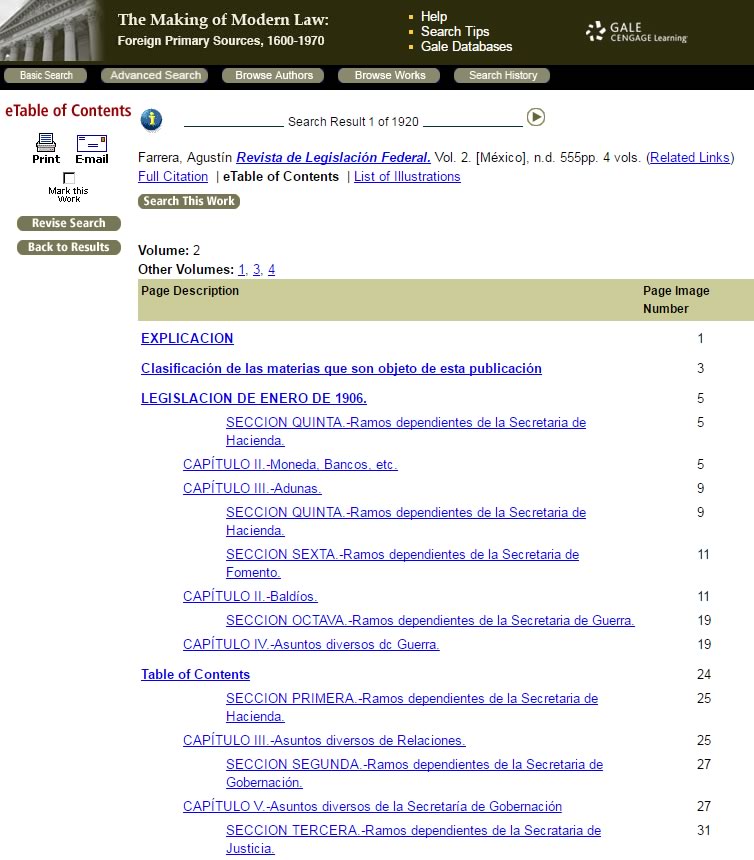
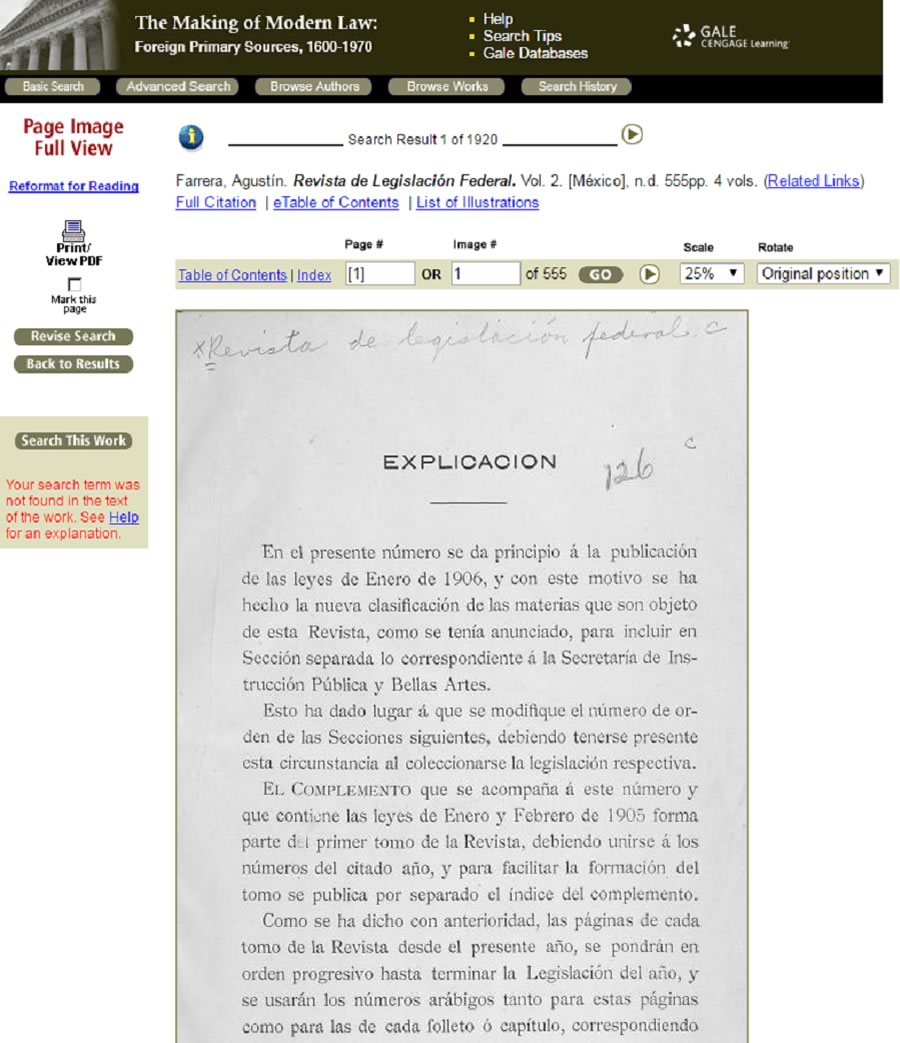
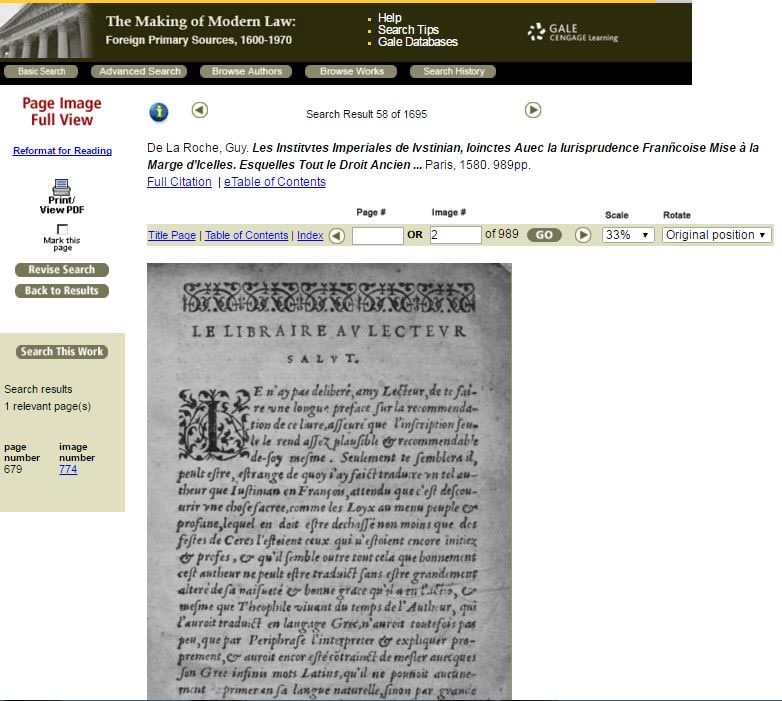

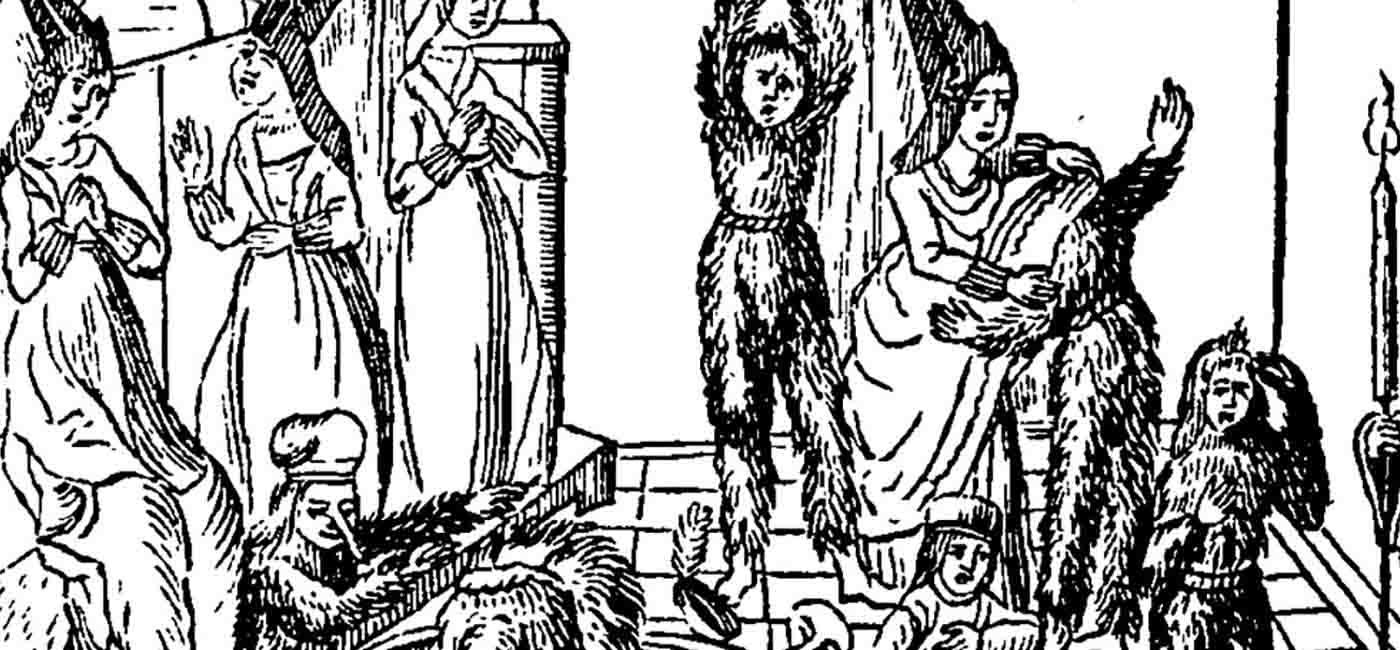

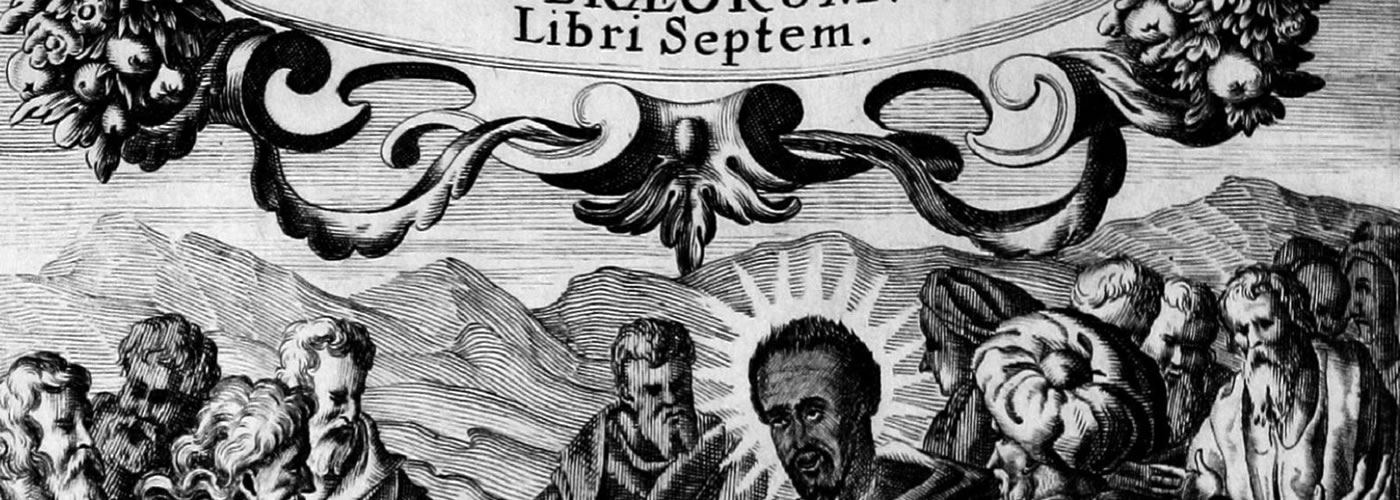
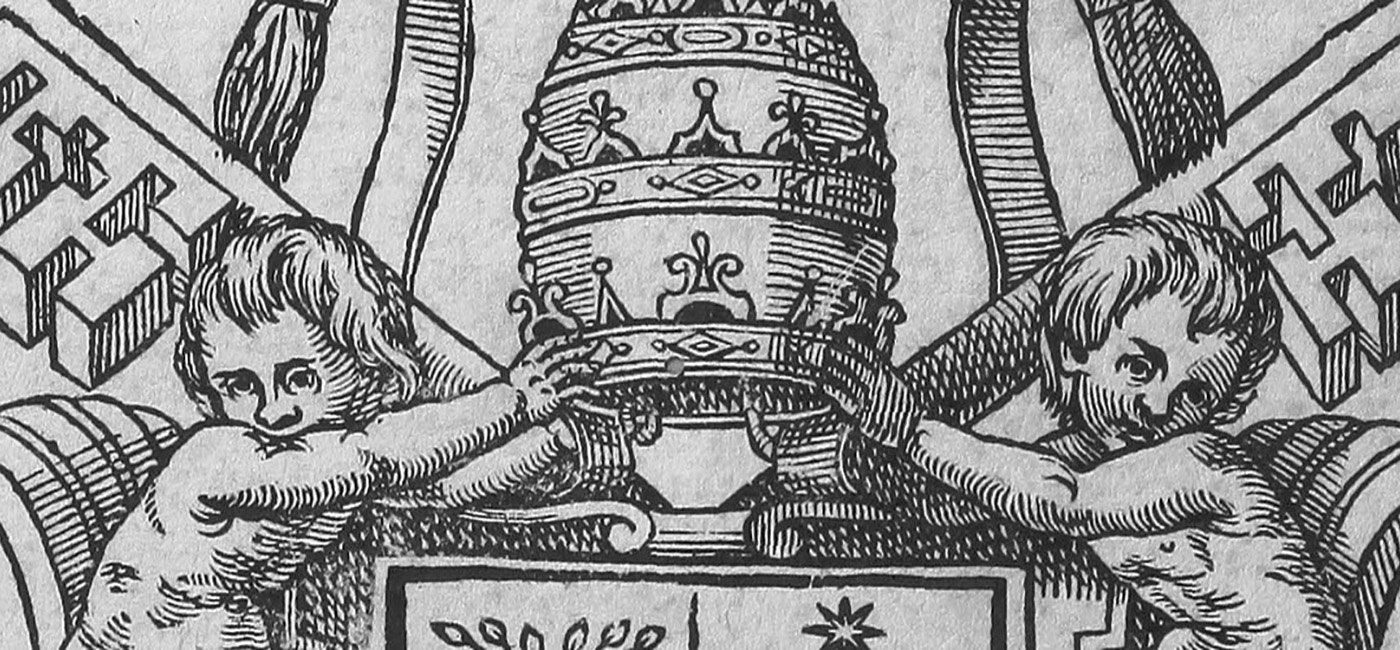
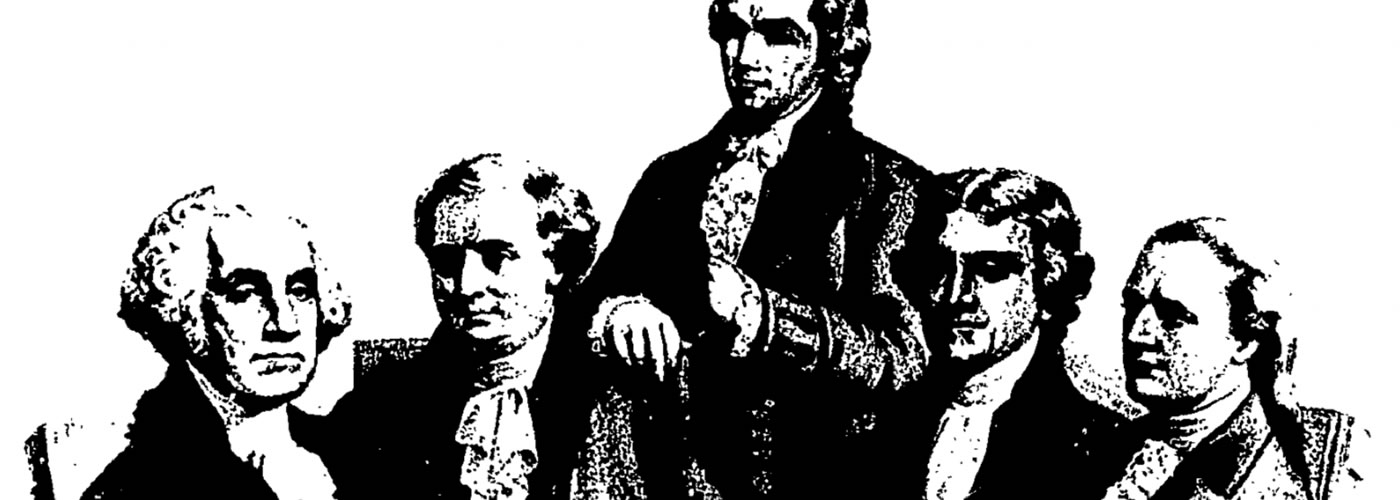
![Morrison, A. C., and California. Laws, Statutes, Etc. [From Old Catalog]. Water Code. Vol. 1. Primary Source Media, 1963.](/binaries/content/gallery/gale-us-en/banners/primary-sources/making-of-modern-law/gps_moml_primary_sources_p1_academic_banner.jpg)
